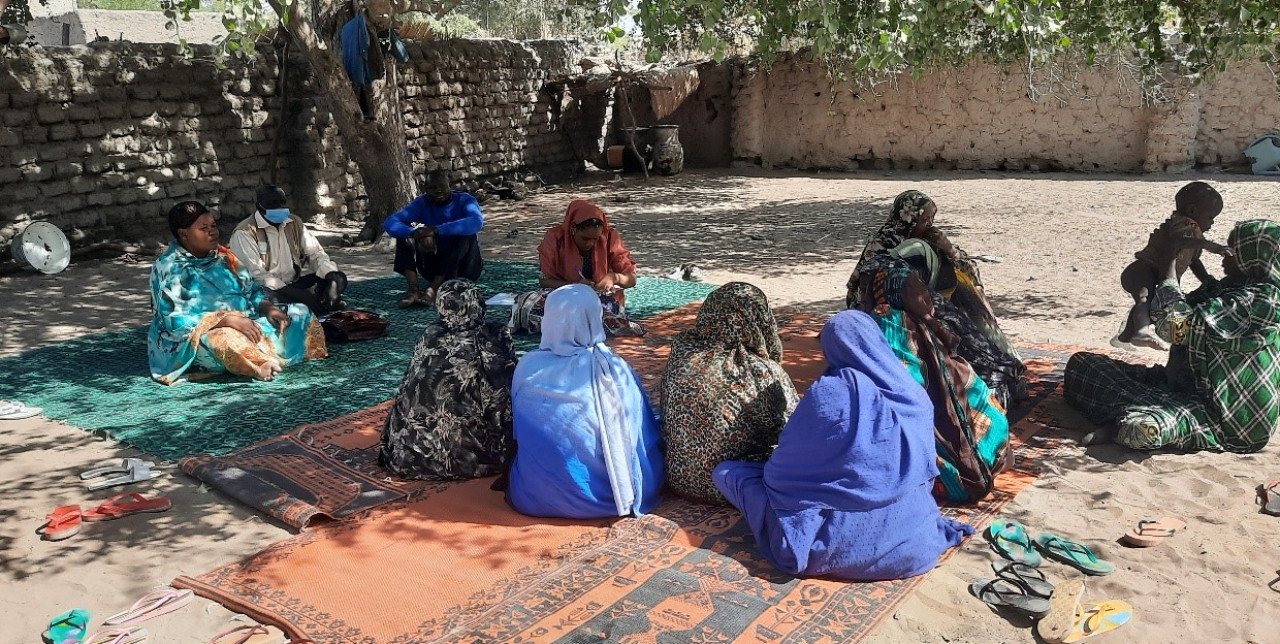14-03-2022 | di COOPI
Lake Chad. Together with AICS, against desertification
The emergency project "Supporting access to water, hygiene education and respect for the environment. A DRR approach", financed by the Italian Agency for Development Cooperation (AICS) and developed in the Lake Chad region, touches on two critical issues that are highly present in the sub-Saharan territory, namely water scarcity and desertification. The action, officially launched in October 2021 and carried out by COOPI - Cooperazione Internazionale, focuses on these two directives: on the one hand, building or rehabilitating existing water wells, making them sustainable thanks to solar panels; on the other, planting 3,500 trees in those areas suffering from increasingly invasive desertification.
Flavio Boffi, COOPI project leader, explains:
The innovation of this emergency project lies in the fact that it integrates sustainability and development aspects into the various activities. As the title of the action suggests, this project adopts a DRR (Disaster Risk Reduction) approach; this means that before designing and building a well, a latrine or planting trees, disaster risks are identified and assessed in order to reduce their impact.
In this sense, COOPI will carry out missions to identify flood-prone areas and find places where the water has a low salinity level, in cooperation with the French NGO Action Contre la Faim (ACF); as for tree planting, it will promote the establishment of local committees in each site to identify suitable areas and trees to be planted.
These activities will be carried out in health centres and schools in the area, to cater for the youngest and most fragile. The project includes the construction of solar-powered wells, latrines (separated by gender and also accessible to people with disabilities) and tap blocks. In order to make the project sustainable over time, committees will be set up to manage the facilities; in addition, school and health centre communities will be made aware of good hygiene practices and provided with special kits (soap, hand-washing devices, etc.). Finally, in order to map the site and make facility managers aware of flood risk areas, emergency preparedness plans will be implemented.
With regard to environmental protection, the planting of trees - carried out in collaboration with the Environment Delegation and assisted by management committees chosen for each site - will be accompanied by awareness-raising campaigns focusing on the best way to cut branches for cooking and how to use as little wood as possible to cook food. To this end, workshops will be set up to teach people how to build improved combustion foyers, i.e. fireplaces which, thanks to their ability to concentrate smoke in a well-enclosed space, require the use of a low quantity of firewood.
Boffi concludes:
The actual construction of the works is only the last part of a larger process aimed at making the actions sustainable. To date, all the activities prior to the implementation of the structures have been carried out: the surveys with ACF, the creation and training of the committees, the identification of the sites, the production of the technical prescriptions for the launch of the construction tenders, and the training of the project staff. In addition, collaboration agreements were signed, as usual, with all the local authorities involved in the action, so that they are informed of all our initiatives and are key players in their implementation.




 Chad
Chad